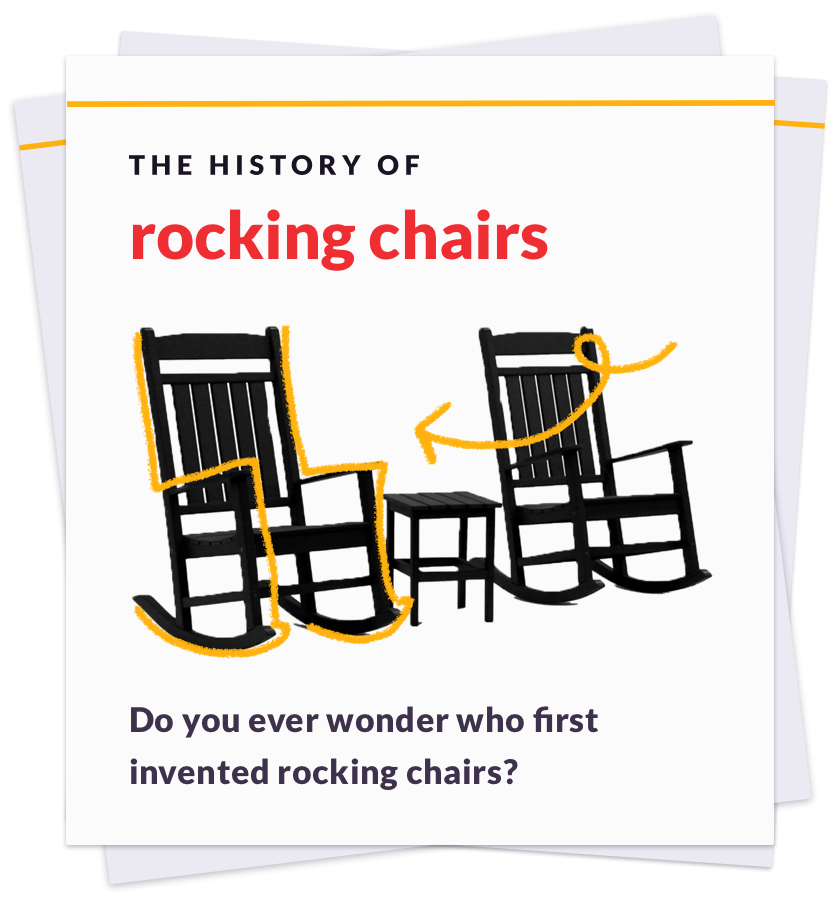Canning dates back to 1810, when Peter Durand invented a way to seal food in tin cans. Baked beans have a long history in North America; they were popular among the Colonists and are thought to have originated from Indigenous cuisine. In 1895, Henry and John Heinz became the first to start mass-producing canned baked beans in their Pittsburgh, Pennsylvania factory. The new product quickly caught on and in 1901, it was officially labeled as Heinz Baked Beans. As Heinz expanded, the company’s baked beans became especially popular in the UK. In fact, Heinz actually tested their canned baked beans in the UK in 1886 to gauge consumer interest. The product became so popular that in 1905, Heinz opened a factory in South London to produce them locally. This made canned baked beans more affordable and they quickly made their way into the everyday British diet. When World War II broke out, Heinz Baked Beans became even more of a staple. While the original recipe was made with bits of meat mixed in with baked beans and tomato sauce, meat shortages due to rationing necessitated a change in the recipe. This caused Heinz to sell a vegetarian version throughout the war. When rationing persisted for several years after the war was over, Heinz Baked Beans remained a staple foodstuff for the British public. Today, Heinz Baked Beans remain popular in the UK and throughout the United States as well as in many other parts of the world.

Your go-to guide for weird history facts
Subscribe to the FREE daily email that makes learning about history fun.


